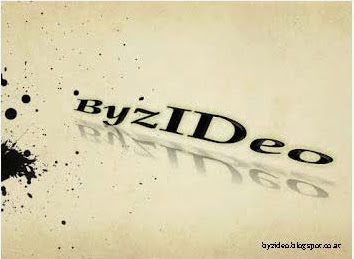Dates: June 18-19, 2018
Venue: Austrian Academy of Sciences, Seminar room, first floor, Hollandstraße 11-13, 1020 Wien
Organisers: Yannis Stouraitis – Ilya Afanasyev
According to Charles Tilly’s famous statement, “war made the state, and the state made war” in the long-drawn process of the emergence of the modern nation-state. If this statement pinpoints the important role of war in the formation of nation-states and national identities in the modern era, the impact of warfare on shaping and reshaping various types of polities and visions of communities in the Middle Ages deserves more attention than it has hitherto received – especially in the context of the ongoing debate regarding modern and pre-modern forms of nationhood and ethnicity. It is a common place to claim that collective identifications, group solidarity and homogeneity are not a cause but rather a product of war and inter-group violence. On the other hand, historical evidence demonstrates that the impact of war on the social cohesion and/or cultural homogenisation of various kinds of groups, such as ethnic or national communities as well as kingdoms, empires and nation-states, can be both constructive and destructive. This means that, even if wars favour discourses of demarcation and othering that can sharpen group boundaries and harden stereotypes, a stronger collective identification is neither a natural nor an automatic result of war.
Our workshop will bring together scholars of various medieval cultures in order to discuss and problematize the role of inter-group and in-group warfare in the emergence or disintegration of medieval social orders, as well as in shaping, changing or marginalizing ideas, values and norms that informed practices of collective identification within them. Two key-note speakers, a sociologist and an anthropologist, will introduce the topic from their disciplinary theoretical view-points with an aim to promote the dialogue and exchange of ideas between modern sociology, anthropology and medieval history.
Our discussion will be focused on but not restricted to the following key questions:
· What does studying war tell us about the relationship between ethnicity and political loyalty in medieval polities?
· Can the role of the ‘entrepreneurs of ethnicity’ be traced for pre-modern history in a way comparable to Rogers Brubaker’s conceptualisation of the ‘ethnic’ conflicts of the 1990s?
· What was the role of war in the institutionalisation, reproduction, renegotiation and change of cultural meanings and memories?
· How did war impact upon the creation or renegotiation of various visions and forms of community (ethnic group, kingdom or empire)?
· What does the history of warfare tell us about the role of pre-modern state structures in maintaining or marginalizing collective identifications?
· How did the material organisation of pre-modern armies and wars influence the construction and reproduction of collective identifications?
Using these questions as a point of departure, the workshop aims to contribute to an alternative approach to the study of peoplehood in the medieval world by redirecting focus from collective identities in the hard sense to collective identifications as ideological practices.
The workshop is organised by the FWF-funded project “Contested Empire: Civil War in the Medieval East-Roman Imperial State, c. 500–1204”, hosted at the Department of Byzantine & Modern Greek Studies at the University of Vienna



